
Many experts believe that allowing Vietnamese people to play at casinos not only helps retain foreign currency, but also contributes to increasing competitiveness for Vietnam's tourism industry - Photo: CHI CONG
However, experts say that casinos should only be located in large-scale tourist complexes with a synchronous tourism ecosystem such as Phu Quoc, Van Don, Nha Trang, Da Nang , Hoi An..., and at the same time, there needs to be a strict control process, because the goal is to turn casinos into a piece of the entertainment tourism complex, not a place purely for gambling.
Casino is part of a high-end tourism ecosystem
Speaking with Tuoi Tre, Ms. Huynh Phan Phuong Hoang - Deputy General Director of Vietravel - said that opening casinos to Vietnamese people could create a boost for the tourism industry if implemented properly, because casinos are a unique tourism product.
"If combined with hotels, conferences, cuisine, shopping... it will form a complete entertainment and tourism complex, attracting both international and domestic visitors," said Ms. Hoang, adding that the pilot program to allow Vietnamese people to visit will also help retain a large amount of domestic spending, increase budget revenue and create more motivation to develop infrastructure and services.
According to Dr. Duong Duc Minh, deputy director of the Institute for Economic and Tourism Development Research, opening casinos and allowing Vietnamese people to play is not simply an economic decision or a policy experiment, but also a major test of Vietnam's ability to balance between expanding opportunities and controlling social risks.
Mr. Minh said that for many years, casinos in Vietnam existed mainly as a tourism and entertainment product exclusively for foreigners, located in high-end resort complexes in Phu Quoc, Ho Tram, Nam Hoi An... but applied the principle of absolute "exclusion" to Vietnamese citizens (except for some conditional pilot projects).
"This approach stems from concerns about the negative impacts of gambling on social security, such as the risk of increased debt, social evils and long-term consequences on family and community life. However, completely closing the door to Vietnamese people causes a large amount of spending by this potential customer group to flow abroad through gambling tours to Cambodia, Macau, Singapore or the Philippines...", Mr. Minh said.
According to Mr. Minh, this not only causes foreign currency loss, but also causes Vietnam to miss the opportunity to position the casino industry as an important element in the high-end tourism ecosystem.
Some opinions say that opening casinos under control for Vietnamese people not only meets entertainment needs, but also keeps money in the country and creates motivation for tourism development.
Must have a strategy to keep money in
Mr. Nguyen Van Thanh (HCMC, name changed), who has had experience traveling to many countries, said that when coming to Vietnam, international tourists do not know where to go after 10pm. Meanwhile, in many countries, casinos and entertainment complexes remain lit all night, attracting huge amounts of spending.
"The ticket price of 2.5 million VND/24 hours or 50 million VND/month is actually too small compared to the amount of money a person can spend when playing, and it makes it easier for the State to manage," Mr. Thanh said, adding that many Vietnamese people still find ways to enter underground casinos or go to Cambodia, Singapore... to gamble, which both causes foreign currency loss and poses risks.
"If we open the door to Vietnamese people in a controlled manner, and at the same time develop entertainment, shopping, and culinary services, the money will stay in the country, creating more jobs, boosting tourism, and increasing budget revenue. I do not encourage gambling, but I support transparent and safe management, instead of letting the underground market run rampant," Mr. Thanh suggested.
Speaking to Tuoi Tre, a representative of a company specializing in organizing charter flights to bring international tourists to Vietnam said that many tourists ask about places to have fun all night. In fact, after 10 p.m., most services "fade down", making customers not interested in coming back.
According to this company, in addition to beautiful landscapes and resort services, Vietnam needs more "nighttime hangouts" for guests to spend money and enjoy their vacation. For example, Russian guests often stay in resorts, rarely go backpacking but spend a lot on food and entertainment. Domestically, the middle and upper classes of Vietnamese people also have a need for entertainment, including casinos.
It can be said that if one wants to develop trade and services, casinos and entertainment complexes are competitive "weapons" that many countries use.
"In Singapore, for example, Marina Bay or Sentosa only devote a small area to casinos. The majority are hotels, offices, commercial centers, shopping malls... Those are the pieces that create a diverse "entertainment city" with huge revenue," he said.
Open up opportunities
The marketing director of a travel company in Ho Chi Minh City said that many Southeast Asian countries legalize casinos to stimulate tourism, while also having management policies to ensure security and safety for society.
"Opening a casino is an opportunity for tourism services associated with tourism products. However, if the casino is opened for Vietnamese people, it also needs to be strictly managed so that tourists will try their luck for entertainment purposes," he said.
According to Mr. Duong Duc Minh, opening up casinos to Vietnamese people, if designed and operated within a strictly managed framework, can create positive ripple effects.
First of all, it is an opportunity to retain domestic spending, even turning Vietnam into an attractive destination for high-end entertainment, where international and Vietnamese tourists participate together in a standardized and controlled space.
"This policy also helps increase the competitiveness of the destination in the context that many neighboring countries are investing heavily in casinos as a tourism "driver".
When casinos are linked to complementary tourism products such as MICE, golf, yachts, fine dining, luxury shopping, and high-end spa treatments, the length of stay and spending of guests will increase significantly, bringing benefits to many other service industries," Mr. Minh affirmed.
Meanwhile, Ms. Huynh Phan Phuong Hoang warned that if casinos are loosely managed, the destination's image could be associated with gambling instead of resort tourism, leading to social consequences such as debt or law violations.
Therefore, the pilot policy needs to be accompanied by strict conditions such as: selecting casino locations at large-scale tourist complexes with a synchronous tourism ecosystem such as Phu Quoc, Van Don, Nha Trang, Da Nang, Hoi An.
In addition, it is necessary to regulate the frequency of participation, limiting it to people aged 21 and over, with high income and proof of financial capacity, and no criminal record related to gambling.
"In particular, there needs to be a strict control process, because the goal is to turn the casino into a piece of the entertainment tourism complex, not a place purely for gambling," Ms. Hoang emphasized.

Tourism businesses say many international tourists coming to Vietnam do not know where to go after 10pm, due to the lack of attractive entertainment complexes, including casinos - Photo: QUANG DINH
"Casino+ Model" with VIP Ecosystem
According to experts, it is necessary to approach casinos as a "nucleus" in the "Casino+" model, which means selling the entire ecosystem of experiences, of which games are just a part.
This model includes a 6-star resort, an international standard golf course, a marina, a duty-free shopping area, a large-scale MICE conference center, and especially major events such as international poker tournaments, music festivals, fashion weeks, art exhibitions or high-class cultural and artistic shows.
"At that time, casinos became a highlight in the destination marketing strategy, attracting both players and non-players and extending the average length of stay," said an expert, suggesting that a multi-channel approach strategy should be designed.
First of all, attach the casino to the destination brand, for example "Vietnam Coastal Luxury & Casino Experience", emphasizing the advantages of the sea and islands, tropical climate, unique cuisine, and luxurious services.
Next is the strategy of connecting airlines and package tours: cooperating with major airlines and travel groups in Korea, Japan, China, Australia, and Europe to deploy "fly-stay-play" packages of direct flights, resorts, and casino games at a package price, minimizing logistics barriers.
At the same time, providing VIP services such as limousines, multilingual concierge, e-visa support and tax incentives for international guests will increase competitiveness compared to regional rivals.
"When casinos are cleverly designed, they are not a social threat, but become a strategic economic and tourism development engine, contributing to making Vietnam one of the top entertainment and resort destinations in the region," he affirmed.
Source: https://tuoitre.vn/mo-cua-casino-cho-nguoi-viet-giu-lai-tien-thu-hut-khach-du-lich-20250811222217115.htm



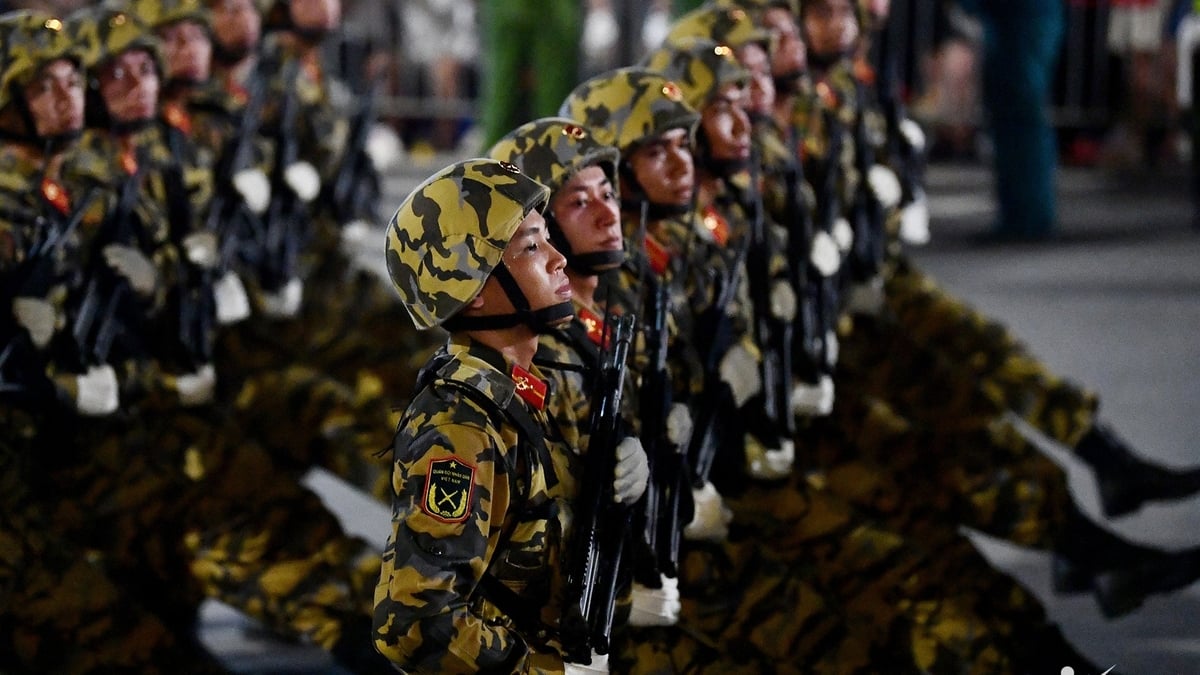
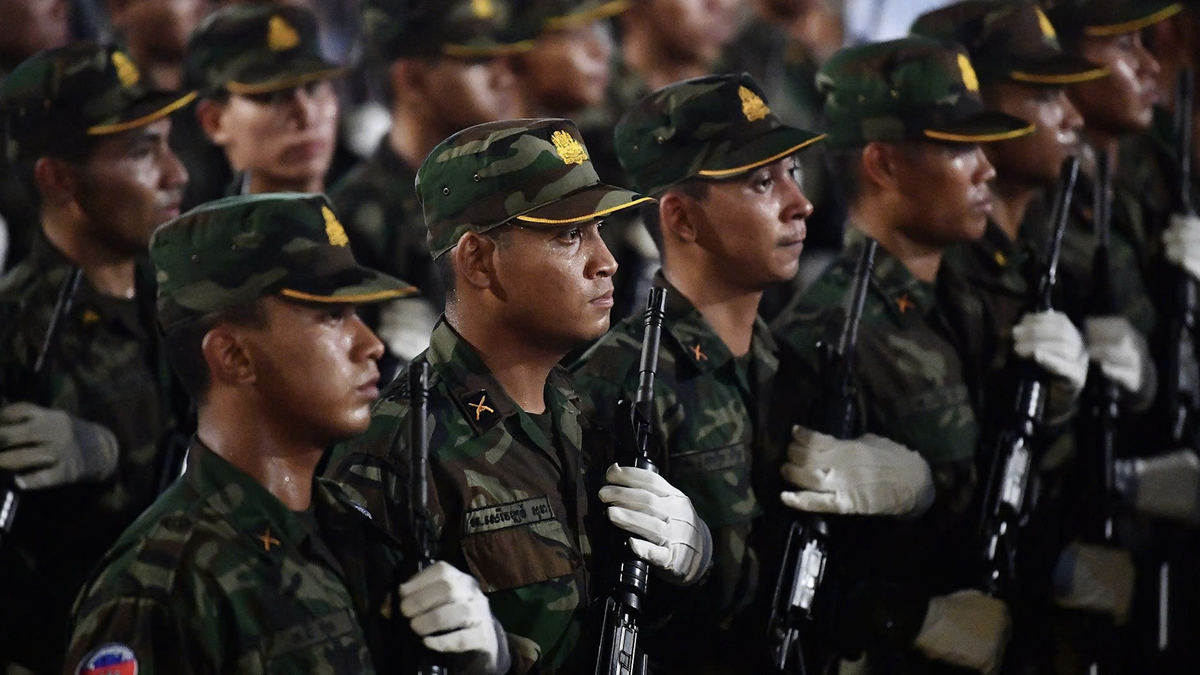
![[Photo] National Assembly Chairman Tran Thanh Man holds talks with New Zealand Parliament Chairman](https://vphoto.vietnam.vn/thumb/1200x675/vietnam/resource/IMAGE/2025/8/28/c90fcbe09a1d4a028b7623ae366b741d)
![[Photo] Images of the State-level preliminary rehearsal of the military parade at Ba Dinh Square](https://vphoto.vietnam.vn/thumb/1200x675/vietnam/resource/IMAGE/2025/8/27/807e4479c81f408ca16b916ba381b667)
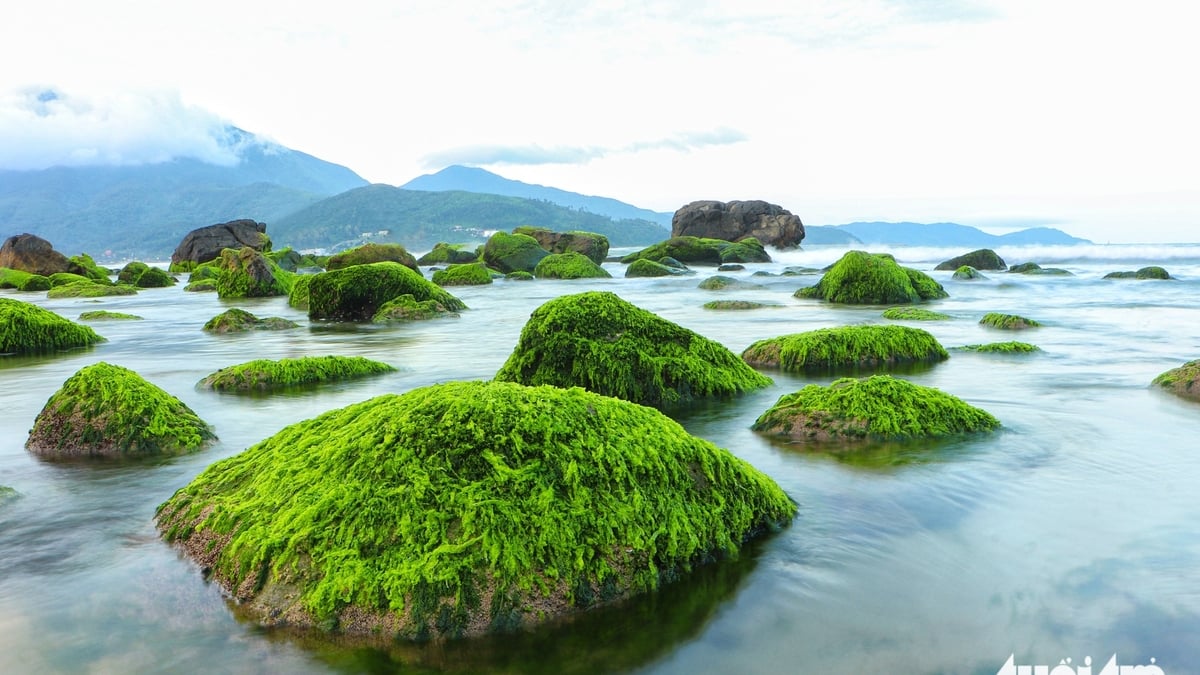
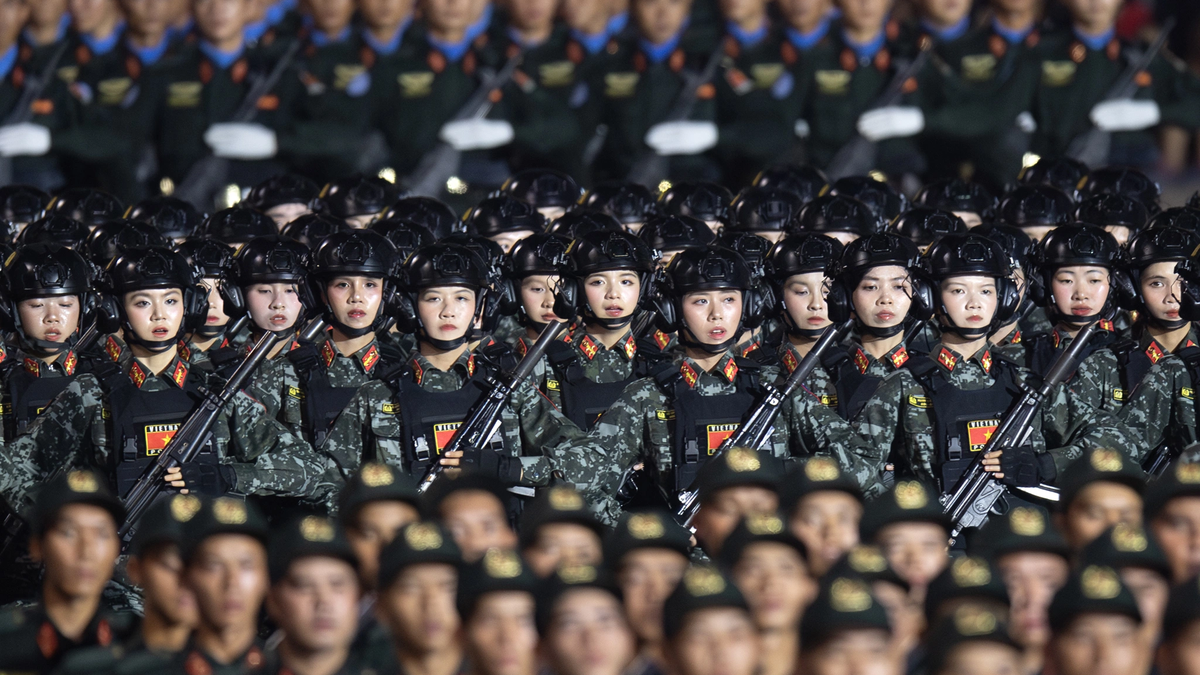
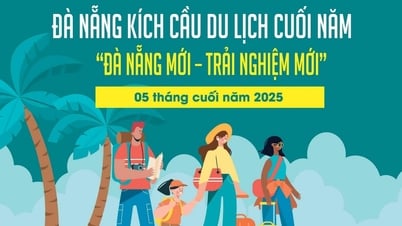

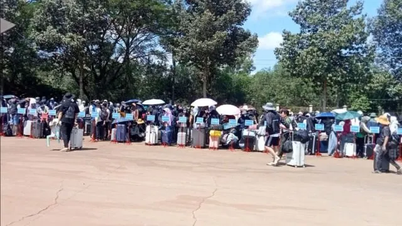





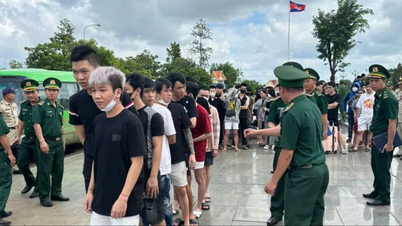
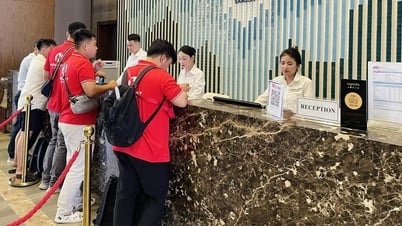
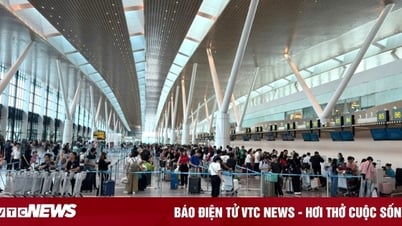

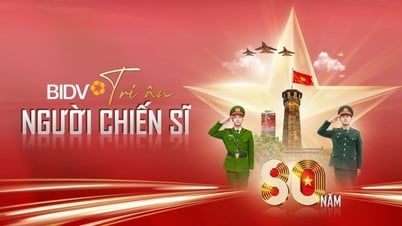

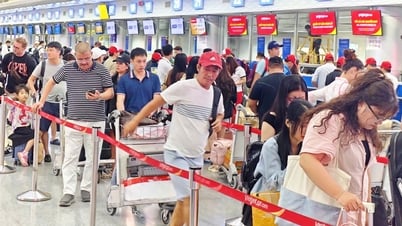


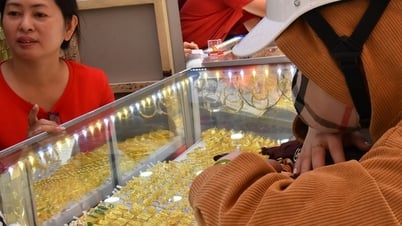
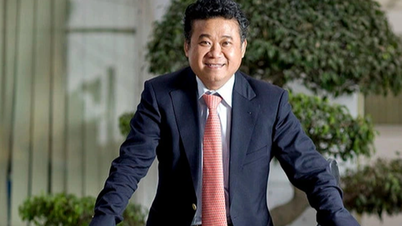




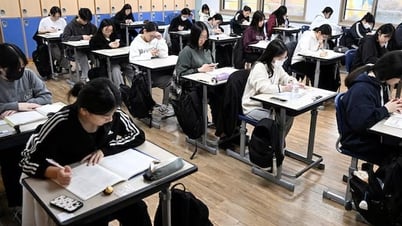


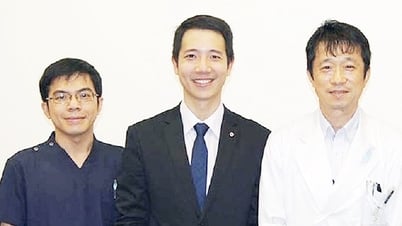


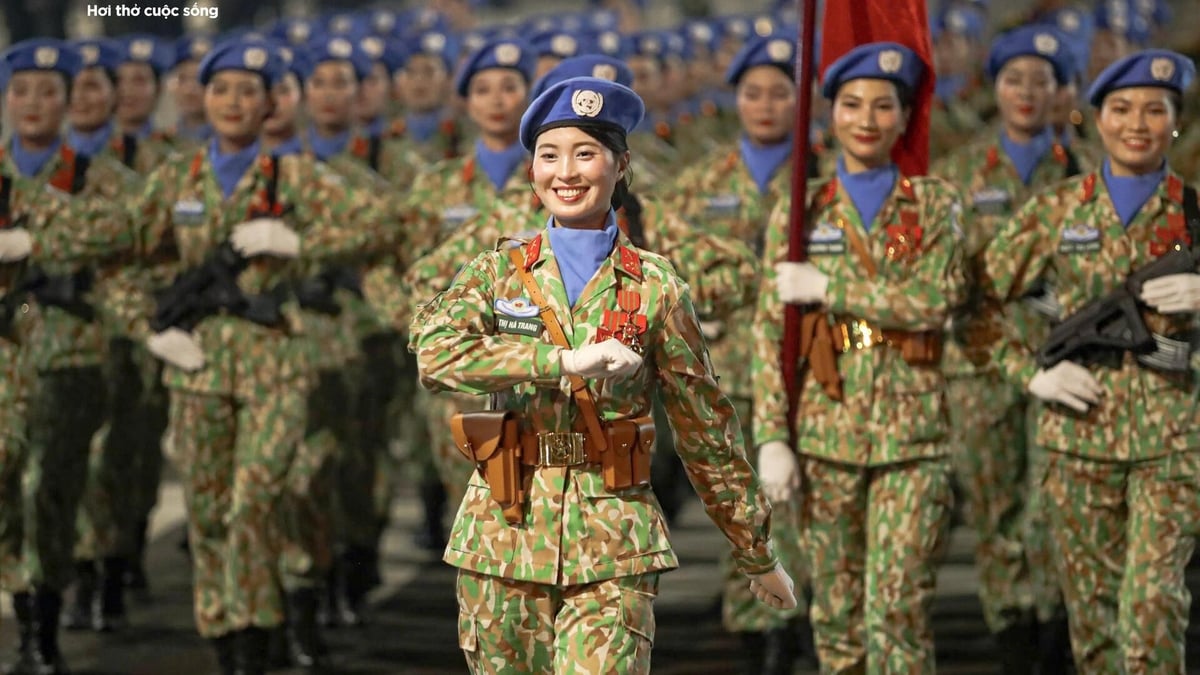



















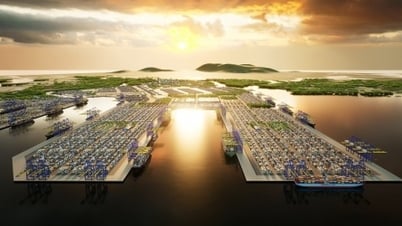



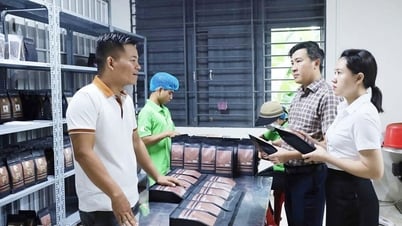








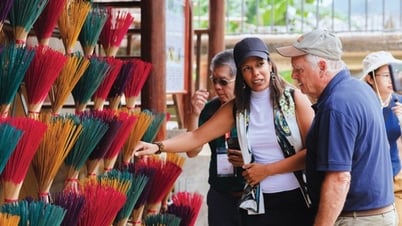

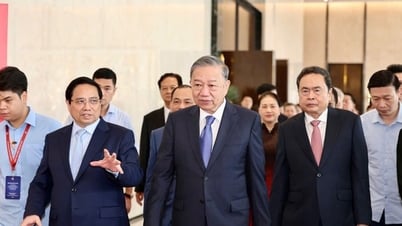
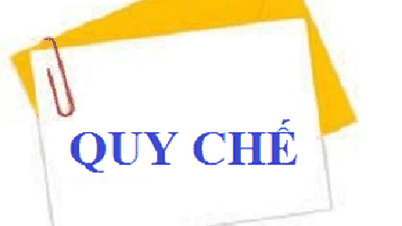
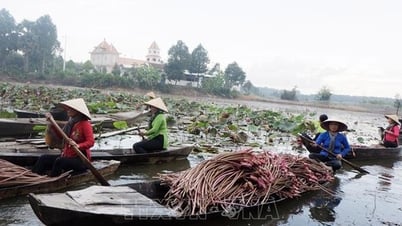

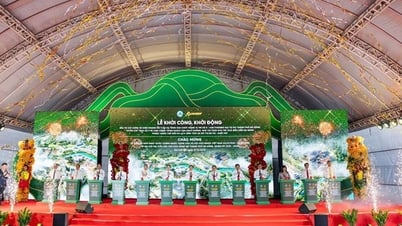
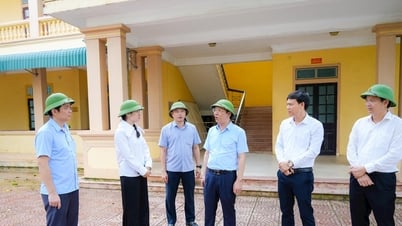

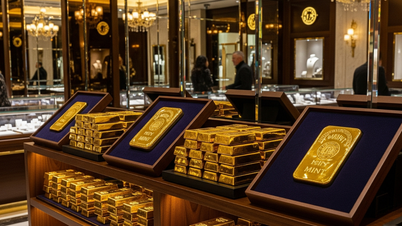
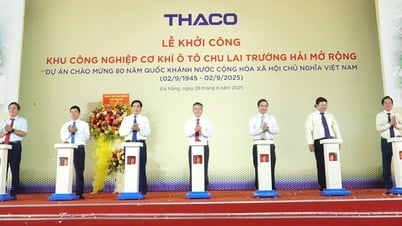


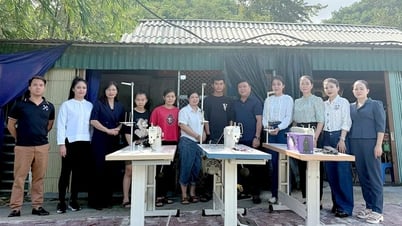
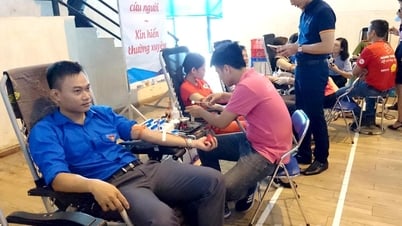
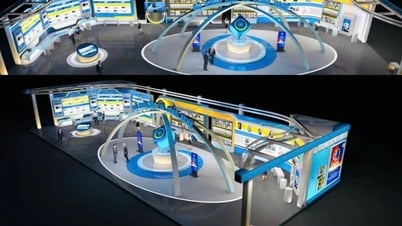







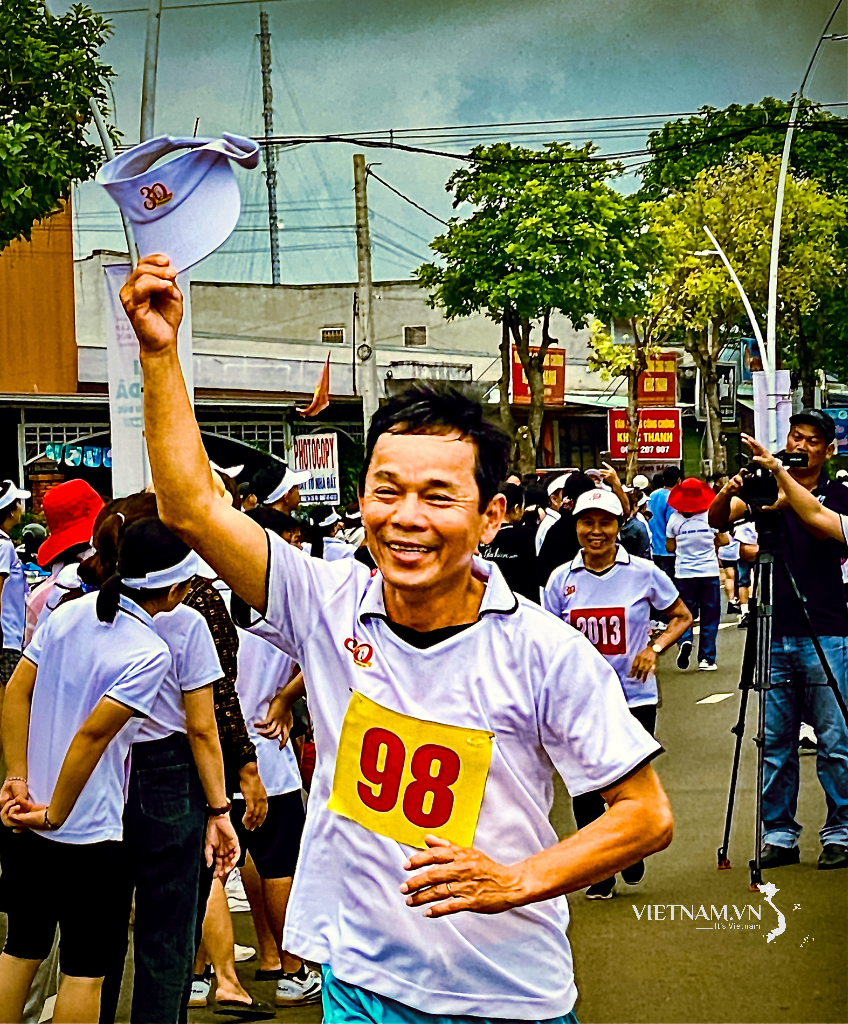
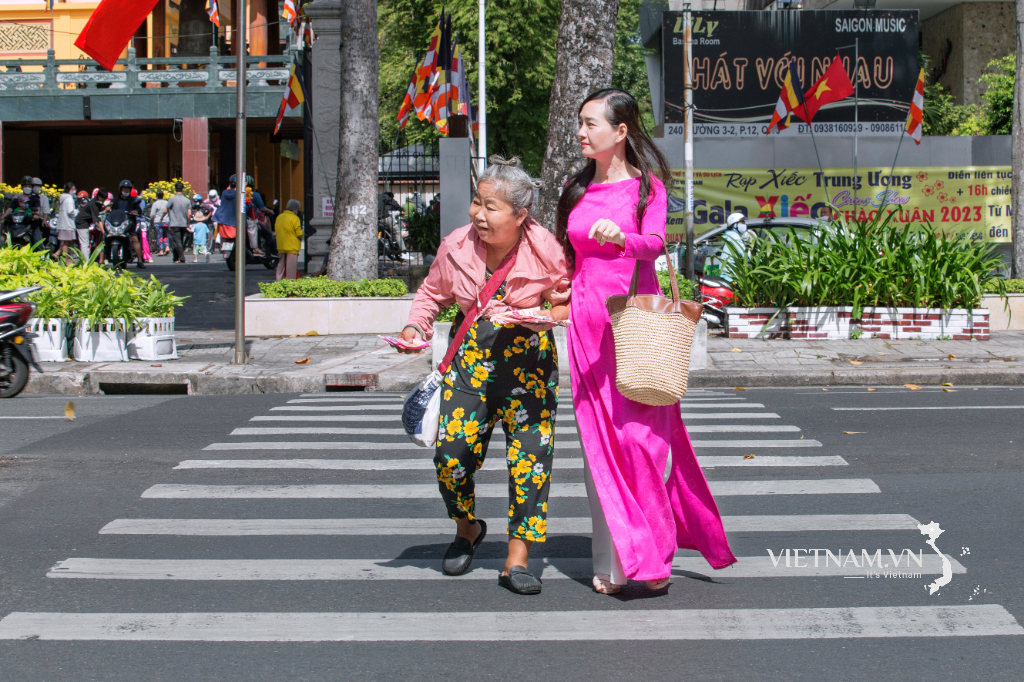


Comment (0)